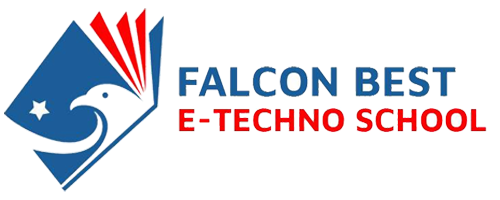Who will benefit?
Psychological therapy practices offer an array of services to children and adolescents ranging from 2years-22years of age, with Developmental delays, Intellectual disability, Learning difficulties, Mood related disorders, Personality disorders, difficulties with Executive Functions and anxiety problems.
Services are also offered to improve academic performance, develop healthy social and interpersonal skills and personality development sessions.
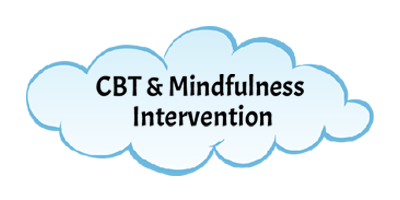
CBT and Mindfulness:
Mindfulness-based cognitive therapy (MBCT) is a type of psychotherapy that involves a combination of cognitive therapy, meditation, and the cultivation of a present-oriented, non-judgmental attitude called "mindfulness." It trains students to consciously pay attention to their thoughts and feelings. View the blog section to gain more insight into the practices utilized in this therapy.
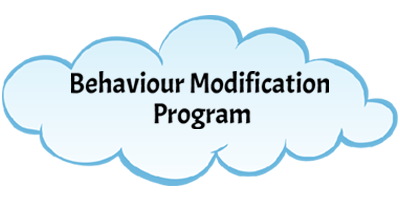
Behavioural modification:
In depth analysis of problematic behaviour displayed by children in various settings-home, school, play-ground etc. development of Behaviour Modification plans to effectively address each behaviour and teach the child an alternative or desired behaviour.
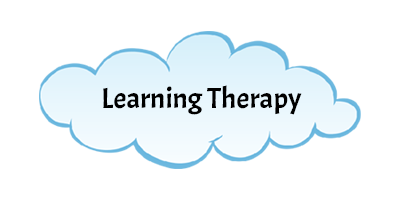
Learning Therapy
Evidence-based techniques focusing on developing underlying skills required to overcome learning difficulties. Personalized instruction catering to individual learning style to improve-reading, writing, spelling and math. Brain-training exercises to overcome related issues.
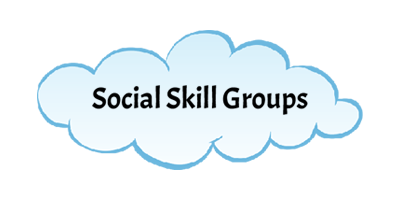
Social Skill Groups:
Social skill groups focus on developing the crucial skill sets required to function effectively in various settings-home, school, play areas, social gatherings. They help a child develop and maintain healthy social relations and enjoy the joys of lasting friendships!
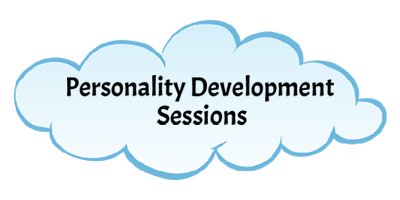
Personality Development Sessions:
Scientific techniques used to understand and analyze the unique traits that lead to an individual’s personality. The program aims at developing social-emotional independence, improving inter-personal skills, enhancing communication skills, developing problem-solving and critical thinking skills, developing inhibitory control. It also aims at developing Cognitive Functions such as-Working Memory, Processing Speed, Abstract thinking skills and Verbal Comprehension skills.
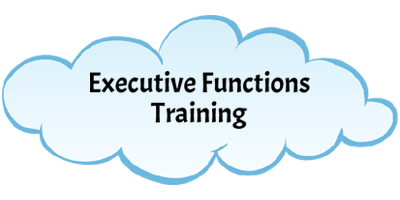
Executive function skills:
Executive functioning training facilitate the behaviors required to plan and achieve goals. The fundamental skills related to executive function include proficiency in adaptable thinking, planning, self-monitoring, self-control, working memory, time management, and organization. Students facing difficulty in these areas benefit from this training and are able to adapt and perform better in their daily tasks.
